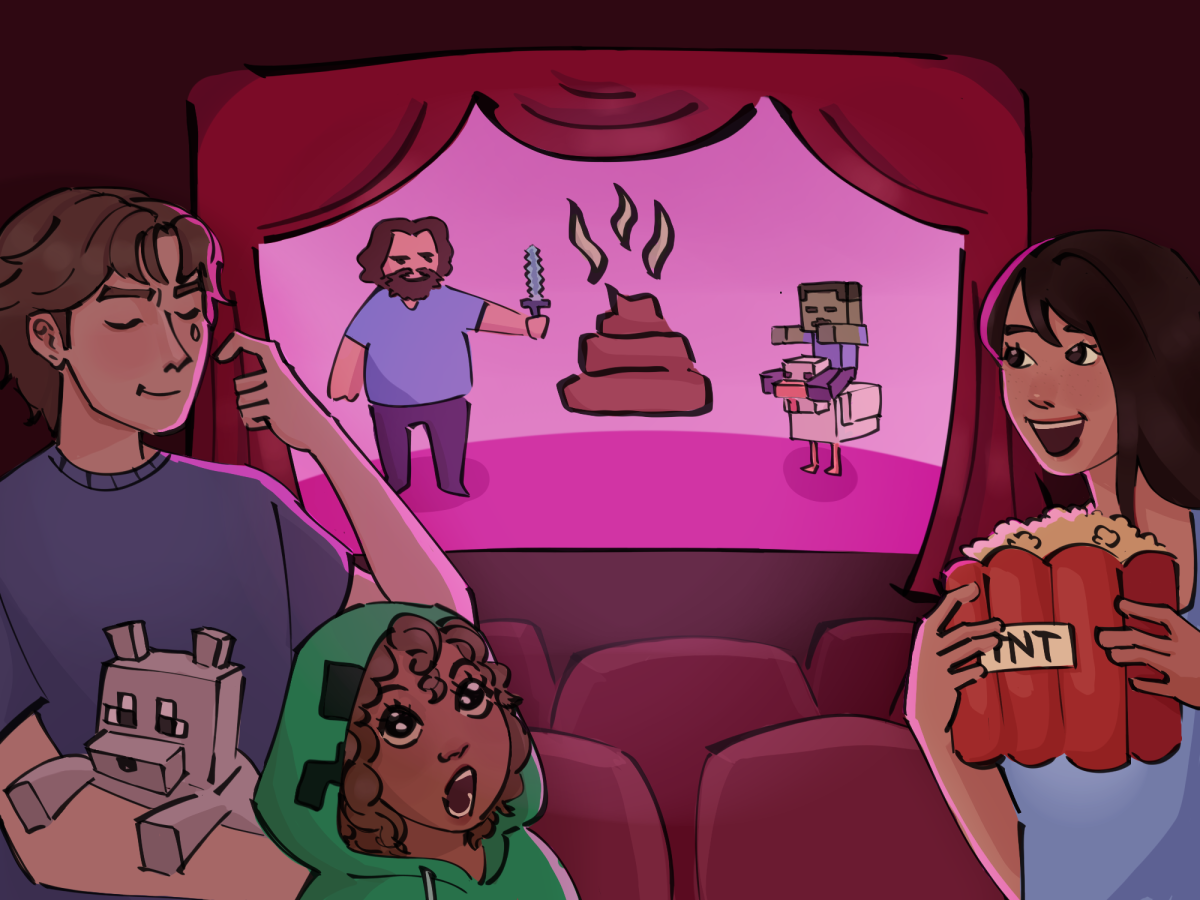Granted parole after serving eight years of her decade-long sentence, survivor-turned-media star Gypsy Rose Blanchard rose to fame for murdering her abusive mother. While the overwhelming press around her story has elevated the importance of supporting abuse victims, it simultaneously proves the need for better media literacy and consumption regarding true crime.
Led to falsely believe she had leukemia and muscular dystrophy among other diseases by her mother, Blanchard was forced into isolation, using a feeding tube, wheelchair, and oxygen tank throughout her childhood though she was perfectly healthy. As a result of her abuse, Gypsy Rose acted as an accomplice to her mother’s murder with her boyfriend, Nick Godejohn, in 2015.
Numerous docuseries about Gypsy Rose’s abuse have emerged during her imprisonment — Hulu’s live-action “The Act” and HBO’s documentary “Mommy Dead and Dearest” being two of the most popular. However, not all true crime shows are created equal.
“The Act” severely dramatizes Blanchard’s abuse in a format engineered for entertainment. Despite claiming to be “based on a true story,” the Hulu show fudges numerous details of Blanchard’s story to up its thrill factor and, most concerningly, attempts to justify the actions of her ex-boyfriend Godejohn.
Though painted as a well-meaning, misguided individual who wanted to save Blanchard in “The Act,” Godejohn had allegedly sexually assaulted her and also expressed wanting to assault her mother in reality. While “The Act” is a disturbingly well-composed show, capturing viewers through chilling cinematography, its revision of details for the sake of entertainment sterilizes Blanchard’s horrific trauma and misrepresents those involved in her case on a wide-scale platform.
Meanwhile, “Mommy Dead and Dearest” pieces together real interviews and medical documents to craft a far more nuanced and complex story — extensive medical records shed light on the unnecessary, invasive procedures Blanchard underwent, conversations with the Blanchard family contextualize Gypsy Rose’s mother’s mental illness, and even interrogation footage with Godejohn attempts to depict him impartially as it details his autism.
Striking a balance between empathizing with Blanchard and presenting her ugly flaws, “Mommy Dead and Dearest” portrays each person involved without vilifying nor glorifying them. Although Blanchard’s abuse is gut-wrenching and undeserved, she is not exempt from the consequences of her learned manipulative tendencies, which the docuseries captures in raw interview footage. In turn, viewers must be able to distinguish between glamorizing crime, sugarcoating real people’s actions, and empathizing with victims.
The publicity surrounding Gypsy Rose reinforces that rather than promoting blown-up caricatures of real, traumatic events online, people must view these stories through an unwarped lens. To even attempt ethically consuming true crime while respecting its victims, critical changes need to start with the media that attempts to detail it.





























































